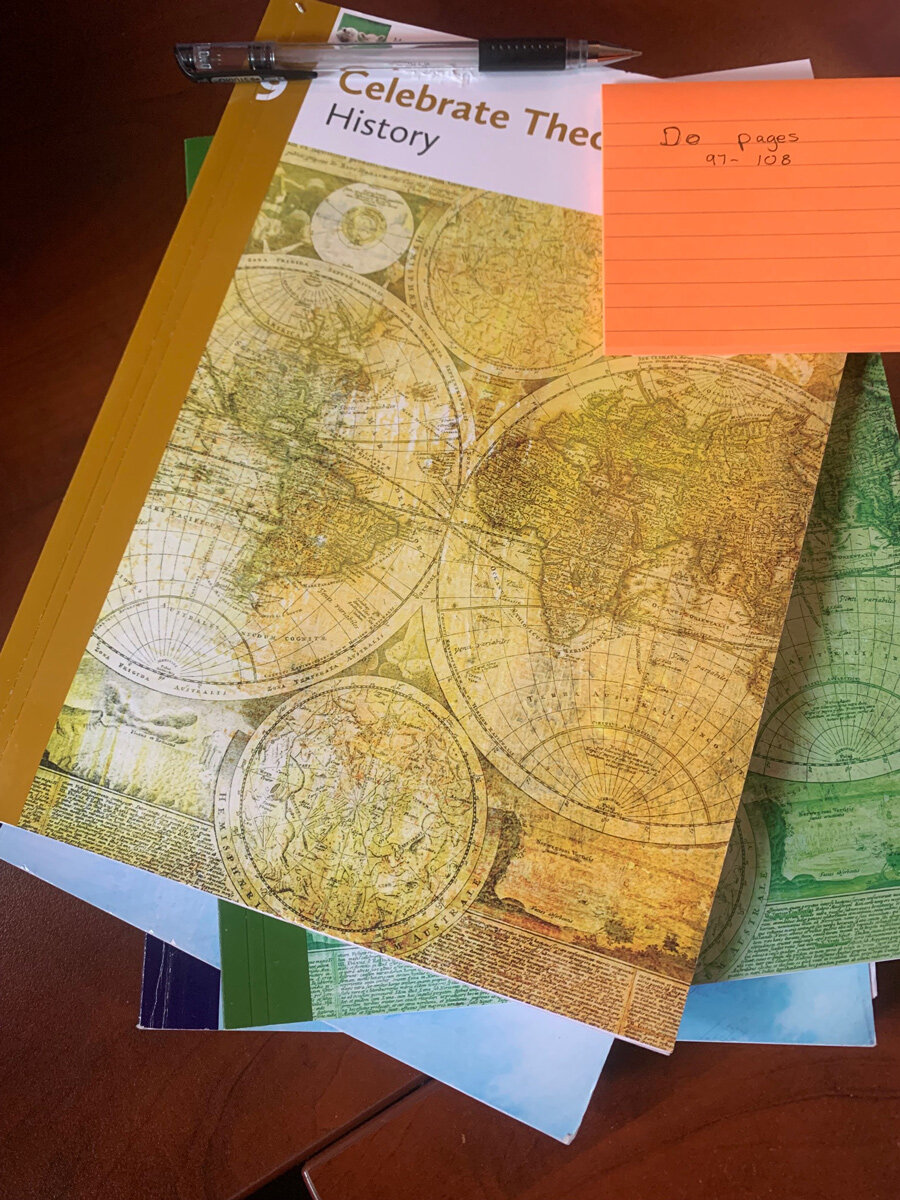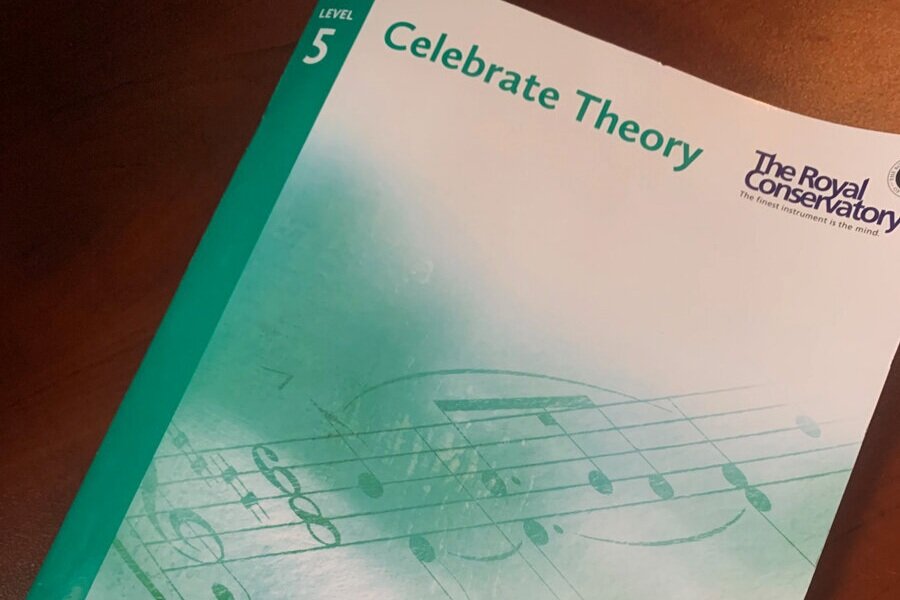
Theory Courses
Co-requisites for the Royal Conservatory of Music Examinations
2023 Summer Theory Classes
RCM 5-8 Group Classes
July 4 2023 - August 9 2023
Wednesdays and Fridays 3:00 - 4:30 pm
$400 for current studio students, $450 for new students
Textbook and exam fee NOT included
2 mock exams will be provided
Harmony 9/10/ARCT Group Classes
July 4 2023 - August 9 2023
Wednesdays and Fridays 9:30 - 11:30 am
$450 for current studio students, $500 for new students
Textbook and exam fee NOT included
2 mock exams will be provided
History 9/10/ARCT Group Classes
ONGOING AS EXAMS ARE ONLINE AND CAN BE DONE ANYTIME
Starts in July 2023, date and time TBA
$450 for current studio students, $500 for new students
Textbook and exam fee NOT included
Reinforce your learning
Theory Courses
These courses may be taken privately or in class form. New classes begin in September, January, and June/July each year. Private lessons may start and end at any time. In order to obtain certificates with the Royal Conservatory of Music written exams in the following subjects must be completed as co-requisites. See application forms for details.
Theory Rudiments
Study of the facts of music notation
Preparatory Rudiments to Level 4
Develops recognition and understanding of all elements of musical notation including pitch, rhythm, scales, intervals, triads and chords, basic analysis and musical terms and signs. Includes music history and appreciation and melody writing at each level. While not required as a co-requisite for each grade level, it is highly recommended for concurrent study with practical exams at each level.
Level 5 Rudiments
Recognition and understanding of basic elements of musical notation. Includes study of ledger lines, enharmonic equivalents, rhythm and meter, triads and dominant 7th chords, recognition of major and minor keys and scale writing up to four sharps or flats, octave transposition, intervals (+ - P), basic analysis of a short composition, melody writing, and musical terms and signs. Required as co-requisite for Grade 5 practical Royal Conservatory of Music examinations.
Level 6 Rudiments
A continuation of Level 5 Rudiments, intended for students with greater music reading experience. Includes the above in greater depth including all major and minor keys, double sharps and flats, transposition at an interval, augmented and diminished intervals, identification of cadences, application of functional or root-quality chord symbols for the implied harmonies of a melody, composition of a question-answer phrase in a major key, analysis of a short music example and music terms and signs. Introduction to Musical Styles of the Baroque and Classical Eras will also be included. Required as co-requisite for Level 6 practical Royal Conservatory of Music examinations.
Recommended Prerequisite: Level 5 Rudiments
Level 7 Rudiments
Knowledge of elements covered in previous rudiments courses plus transposition of melodies up or down by any interval or to any key, irregular groupings of meter, double dotted notes and rests, scales such as blues, pentatonic, chromatic, whole-tone and octatonic, diminished and augmented triads, diminished 7th chords, dominant 7th chords and inversions, writing of cadences in keyboard style, melodic passing and neighbor tones, application of functional or root-quality chords to a melody and musical terms and signs. Required as co-requisite for Level 7 Royal Conservatory of Music examinations. May be applied, along with Level 7 practical, as a high school grade 11 credit.
Recommended Prerequisites: Level 5, 6 Rudiments
Level 8 Rudiments
Knowledge of elements covered in previous rudiments courses plus alto and tenor clefs, score types, transposition of melodies to concert pitch and other clefs, hybrid meters, diatonic modes, scales starting on different degrees, whole-tone and octatonic, writing of cadences in keyboard and chorale style, cluster chords, quartal chords, and polychords, melodic passing and neighbor tones, application of functional or root-quality chords to a melody and musical terms and signs. Required as co-requisite for Level 7 Royal Conservatory of Music examinations. May be applied, along with Level 8 practical, as a high school grade 12 credit.
Recommended Prerequisites: Level 5, 6, 7 Rudiments
Harmony
Harmony, Counterpoint & Analysis
Level 9 Harmony
Melody writing in response to a given opening, four part harmonization (SATB) and keyboard style in major and minor keys, harmonic analysis with functional chord symbols and root-quality chords, identification of non-chord notes, and structural analysis of traditional Baroque dance movements. Essential in preparation for Royal Conservatory of Music Examinations. Required as a co-requisite for Grade 9 practical examinations
Prerequisite: Level 8 Theory
Level 10 Harmony & Counterpoint
A continuation of Level 9 Harmony with addition of 7th chords, dominant 9th and 13th chords, applied dominants and diminished seventh chords, figured bass notation, sequences and tonal hierarchy. Melody writing through expansion of a given melodic fragment to create a four phrase composition of sixteen measures, counterpoint in the style of an 18th C. dance, four-part harmonization in both major and minor keys, harmonic analysis and structural analysis including fugal expositions, compound ternary, menuet and trio, rondo and sonata form. Provides preparation for Royal Conservatory of Music Examinations. Required as co-requisite for Grade 10 practical examinations.
Prerequisites: Level 8 Theory, Level 9 Harmony
ARCT Harmony & Counterpoint
Incorporates all material learned in Level 9 Harmony and Level 10 Harmony and Counterpoint. Adds detailed harmonic and structural concepts such as sixth chords, applied dominants of diatonic and chromatic keys, chords derived from modal mixture and modulations to any key. Students learn to create 2-part contrapuntal compositions, complete melodic lines over a figured bass, complete harmonic progressions in four parts, harmonize a given chorale melody in the style of J"S" Bach and modulate a given opening. Take in preparation for Royal Conservatory of Music Examinations. Required as a co-requisite for ARCT practical examinations.
Prerequisites: Level 8 Theory, Level 9 Harmony, Level 10 Harmony and Counterpoint
ARCT Analysis
Learn how to provide detailed harmonic and structural analysis and answer questions about the following musical forms and elements: Fugues, Instrumental works from the Classical and Romantic periods, 19th Century Art Songs and short post - 1900 works. Includes post-1900 techniques and proceedures. Provides preparation for Royal Conservatory of Music and Conservatory Canada Examinations. Required as a co-requisite for ARCT practical examinations.
Prerequisites: Level 8 Theory, Level 9 Harmony, Level 10 Harmony and Counterpoint
History
Baroque, Classical, Romantic, Impressionistic and Modern Eras
Level 9 History
An Overview - An introduction to music history through an overview of four historical style periods: the Baroque, Classical, Romantic and Modern eras. We will study each of these periods in relation to musical style, lives and musical styles of representative composers, social and historical context of music in society, musical genres with examples of specific works, and definitions of all terms, concepts and forms, and an introduction to the orchestra. Required as a co-requisite for Grade 9 Royal Conservatory of Music practical examinations.
Recommended Prerequisite: Level 8 Theory
Level 10 History
Study is based on four historical style periods - the Middle Ages, Renaissance, and Baroque and Classical eras- with emphasis on the development of musical genres and forms. We will study each of these periods in relation to musical style, musical styles of representative composers, social and historical context of music in society, musical genres with examples of specific works, and definitions of all terms, concepts and forms. Required as a co-requisite for Grade 10 Royal Conservatory of Music practical examinations.
Recommended Prerequisites: Level 8 Theory, Level 9 Harmony, Level 9 History
ARCT History
19th Century to Present - Study based on the Romantic and Modern eras, including Canadian music. We will study each of these periods in relation to musical styles of representative composers, social and historical context of music in society, musical genres with examples of specific works, and definitions of all terms, concepts and forms. Students are also required to prepare an essay of 900-1000 words. Required as a co-requisite for Royal Conservatory of Music ARCT practical examinations.
Recommended Prerequisites: Level 8 Theory, Level 9 Harmony, Level 9 History, Level 10 Harmony & Counterpoint, Level 10 History
Pedagogy
Secondary line that supports what pedagogy classes are all about
Elementary Piano Pedagogy
Part 1 Viva Voce and Part 2 Written Examination - preparation for the oral and written examination where students are asked to demonstrate and discuss the basic principles of piano technique and the fundamental methodologies used in piano teaching ranging from beginner level to Grade 2. Exploration in particular concepts as they pertain to the beginning student, rhythm and tempo, technical matters, musicianship and artistic consideration, and the professional studio will be discussed.
Recommended Prerequisite: Grade 9 Piano, Voice or Instrumental
Intermediate Piano Pedagogy
Part 1 Viva Voce and Part 2 Written Examination - preparation for the oral and written examinations where students are asked to demonstrate and discuss pedagogical issues as they pertain to teaching students in Grades 3,4,5 and 6. A survey of teaching repertoire, technical exercises, ear training and sight reading materials will be discussed.
Recommended Prerequisite: Grade 10 Piano, Voice or Instrumental
Advanced Piano Pedagogy
Part 1 Viva Voce and Part 2 Written Examination - preparation for the oral and written examinations where students are asked to demonstrate and discuss pedagogical issues as they pertain to teaching students in Grade 7, 8, 9, and 10. A survey of teaching repertoire, technical exercises, ear training and sight reading materials will be discussed along with the study of editing music by adding fingering, phrasing, dynamics pedaling, expression marks and realization of ornamentation.
Recommended Prerequisite: ARCT Piano, Voice or Instrumental






